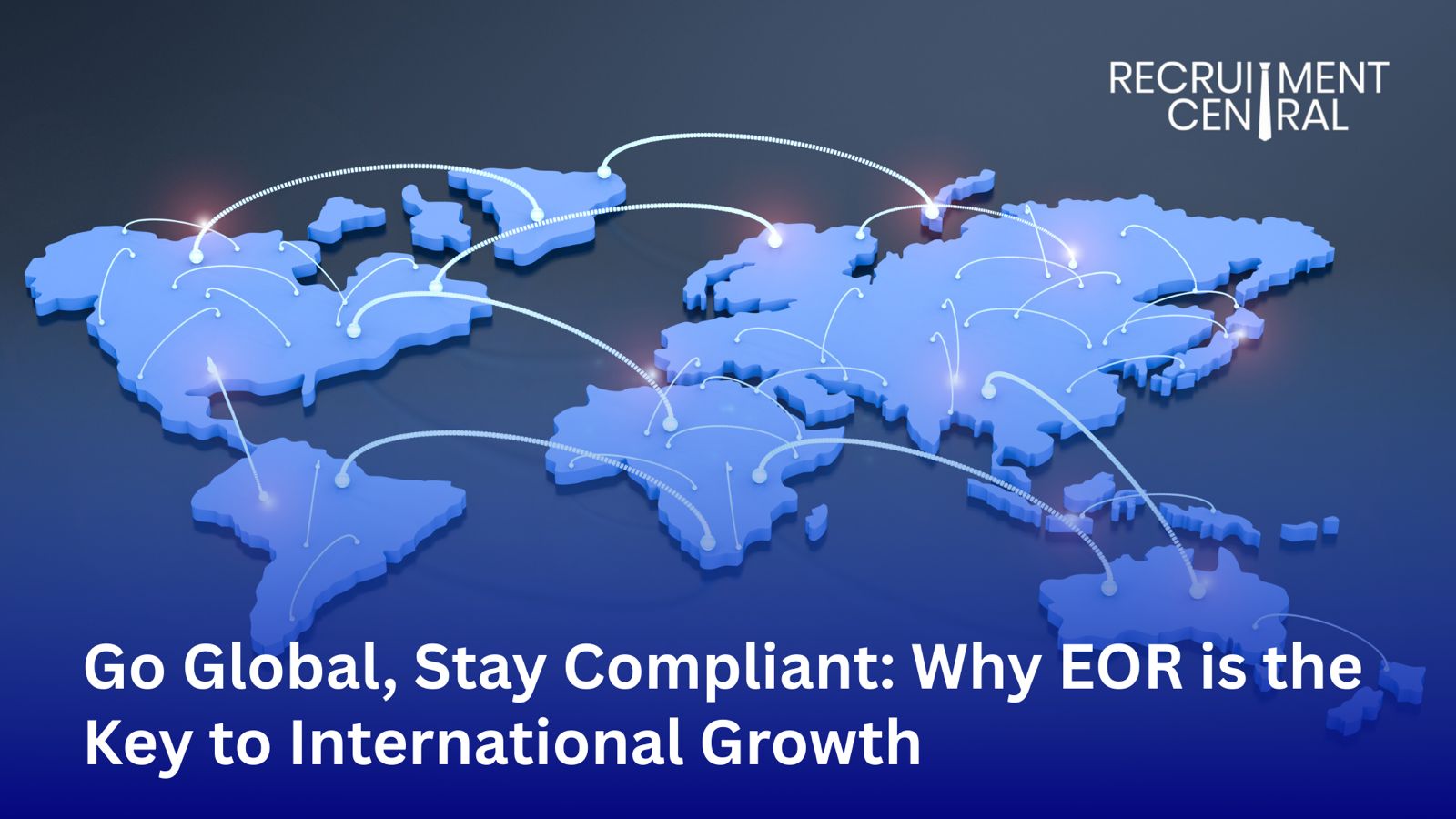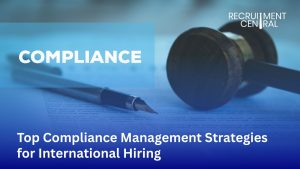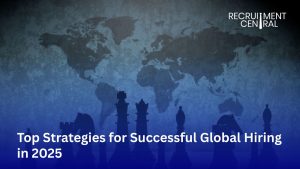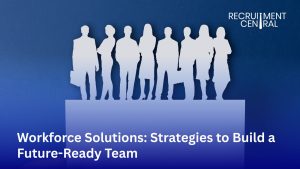Introduction
A lot of companies want to expand into Asia, but there are a lot of things that they do not realise at first.
If you want to grow into Asia, you have to follow the rules and make sure you follow them correctly so that you don’t land in any trouble.
A PwC survey found that 85% of businesses struggle with compliance when entering new markets, and 77% admit it slows their expansion.
It’s easy to see why. One mistake in Singapore’s payroll filings or a contractor misclassified in India can mean fines and delays.
To help you avoid all of these mistakes, an Employer of Record (EOR) comes to help.
This way, you can hire talent across Asia in just weeks, while the EOR handles compliance in the background.
What is an EOR and How It Works
An Employer of Record (EOR) is your partner who becomes the official employer for your overseas hires. Here’s what that means:
- They prepare employment contracts that tick all the local compliance boxes.
- They run payroll in the local currency and handle all the tax filings for you.
- They make sure statutory benefits like CPF in Singapore or EPF in Malaysia are covered.
- They take care of visas and work permits if your employee needs one.
You’re still in charge of the employee’s day-to-day work, but the EOR handles all the compliance work for you.
Why EOR Beats Setting Up a Local Entity
When comparing EOR to creating a local entity, the advantages are clear:
| Factor | Local Entity Setup | Employer of Record (EOR) |
| Time to Hire | 3–6 months (incorporation, tax registration, banking) | 1–2 weeks (onboarding via EOR) |
| Upfront Costs | $15K–$100K+ (legal, registration, HR setup) | Predictable monthly fee per employee |
| Compliance Risk | Employer is fully liable for labor laws, payroll, and audits | EOR absorbs compliance responsibilities |
| Tax Exposure | Potential permanent establishment (PE) tax liability | EOR reduces PE risk by being a legal employer |
| Exit Flexibility | Closing entity = costly & complex | Stop EOR contract, simple offboarding |
Also Read: RPO Services- Everything You Need to Know About Recruitment Process Outsourcing
Compliance & Legal Coverage Across Asia
There are different rules in different countries, and I think following them all can be complex.
- Singapore: In Singapore, you have to follow CPF contributions and wage ceilings, which are mandatory. These keep on changing.
- India: India has complex labor codes covering provident fund, gratuity, and maternity benefits.
- Malaysia: Here are EPF and SOCSO contributions, plus detailed rules on employment contracts.
- Bangladesh: Strict requirements on tax deductions and foreign exchange.
An EOR gives you in-country experts who make sure contracts and payroll stay aligned with local laws. They also stay updated on regulatory updates, so you don’t have to.
For example, when Singapore raised its CPF wage ceiling in 2025, companies using EORs had the change implemented automatically.
Talent Retention & Employee Experience
Keeping good people on board is as important as hiring them. An EOR helps with this as well:
- Smooth onboarding: New hires get clear contracts and benefits from day one.
- Localized benefits: In India, employees expect provident fund contributions. In Singapore, there is the CPF and medical coverage. An EOR makes sure the package matches local expectations.
- Payroll accuracy: When there is payroll accuracy and salaries come on time, it builds trust with the employees and makes them stay.
Companies that work with EORs often see stronger retention because employees feel secure. They’re getting market-standard benefits and know compliance is being handled.
Cost & Risk Savings with EOR
I think one of the biggest reasons companies go with an EOR is cost and risk management:
- Lower Upfront Investment: Setting up a legal entity in India or Singapore can take tens of thousands in legal fees and registration. With an EOR, you skip all that and just pay a simple monthly fee per employee.
- No Hidden Surprises: Mistakes like compliance fines, back taxes, or misclassifying a contractor can lead you to trouble. An EOR saves you from all such risks by making sure everything is legally correct from the start.
- Scalability Without Waste: Let’s say your expansion doesn’t go as planned. Shutting down a legal entity is expensive and difficult. With an EOR, you can scale up or down easily without having to deal with long-term costs.
Also Read: Workforce Solutions to Streamline Your Hiring Process
Is EOR Right for You?
Here’s a quick checklist to decide:
- Do you need to hire in Asia quickly?
- Do you want to avoid the cost of setting up entities?
- Are you worried about staying compliant with local labor laws?
- Do you need flexibility to scale up or down?
If you answered “yes” to most of these, an EOR is the right solution for your international growth strategy.
Conclusion
Expanding globally doesn’t have to feel like you are having a hard time dealing with compliance rules. With an Employer of Record, you can start hiring in Asia quickly and stop worrying about the risks.
You can hire people in weeks and save money because you don’t have to set up a local entity there. By doing so, you also stay compliant with changing local laws.
At the end of the day, if you’re serious about going global without the stress, an EOR is the right way forward.







